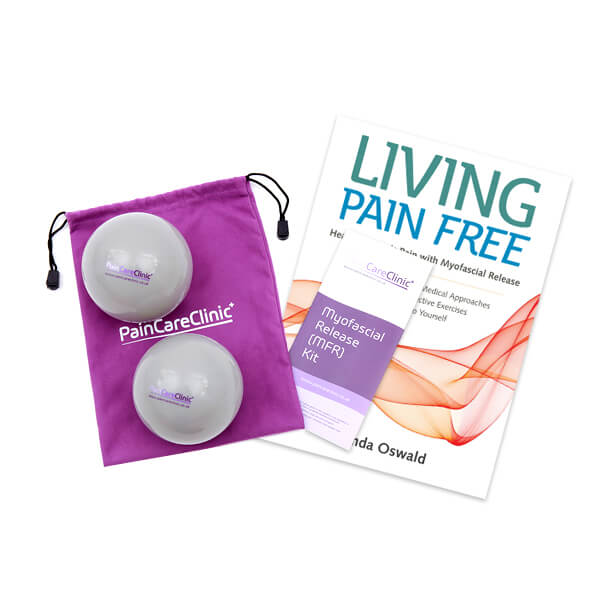How To Reduce The Risk Of Injury And Speed Up Recovery - Sports Injury Q&A with Amanda Oswald from Pain Care Clinic
By Malcolm | 12th January 2018 | General
Who are you and where are you based?
Amanda Oswald, a leading UK myofascial release specialist and owner of the Pain Care Clinic. Our clinics are located in Harley Street, London, Leeds, and Brighton. We specialise in the treatment of chronic pain conditions using myofascial release, and also run Living Pain Free workshops offering people self-help myofascial stretches, exercises and advice.I'm also the author of Living Pain Free: Healing Chronic Pain with Myofascial Release.

What are the most common sports related injuries you see?
We see and treat a whole range of injuries and chronic pain conditions in our clinics, and often our clients turn to us when they have not been able to get the treatment they need from other therapies. Some of the most common sports related conditions we treat include rotator cuff and shoulder injuries such as frozen shoulder; back pain; tendinitis conditions such as tennis elbow or runners knee; hip pain; and plantar fasciitis. We also specialise in the treatment of pain caused by scar tissue, as this responds well to myofascial release.

What's your top tip for reducing the risk of injury?
Stretch! Many of the people we see don’t stretch enough, if at all. And many of them are using short, muscle stretches which have no effect on stuck fascia.
As the main connective tissue in the body, fascia wraps around and through everything else including muscles, nerves, blood vessels, bones and organs. When it is working normally, fascia moves freely as we move, however, when fascial restrictions develop, such as sports injuries, this creates a snag in the fascial system which can cause pain that is often referred to elsewhere in the body and can worsen over time if not treated.
We therefore teach our clients fascial stretching which is much slower and more progressive than muscle stretches, and therefore has a more lasting benefit. If you regularly make time for just 20-30 minutes of self-myofascial release a day, you will start to feel the benefits of a healthier more balanced body which is less prone to injury.
Are there any ways that people can speed up their recovery?
As above, even if you are recovering from an injury, there are many self-help techniques which can help your body to rebalance and regain fitness.
We teach our clients self-myofascial release techniques using specially designed myofascial balls. We prefer to use these as they are designed to help release stuck fascia and are therefore more versatile (and less painful) than other products such as foam rollers.
When it comes to fascia, the old sporty adage ‘no pain, no gain’ doesn’t apply! Fascia responds best to slow, progressive work.
What should people look for when choosing a treatment provider?
If anyone has an injury or chronic pain condition, they need the reassurance that their therapist understands what is wrong with them and knows how to help. Many people we see have been through the medical mill – they have seen doctors, specialists, had many diagnostic tests, have been prescribed medication and even had surgery. When their pain persists, they are often told there is nothing wrong with them (because fascial restrictions don’t show up on MRI scans and X-Rays) and told they have to live with their pain.
This is obviously not helpful and can be frustrating. In these instances what people need is a soft tissue specialist (whether it is massage, myofascial release or another hands-on therapy).
Ask your therapist about your specific injury or condition, what their understanding is, have they treated it before and how, and what sort of self-care advice they can provide. Expect to commit to a programme of about 6 regular treatment sessions, and also commit to following the self-care advice you are given. In return, you should start to feel a lasting improvement by the end of your treatment programme, and can then discuss with your therapist how best to proceed.
View Pain Care Clinic's profile on Sports Injury Fixhere
 Amanda Oswald - Owner of Pain Care Clinics
Amanda Oswald - Owner of Pain Care Clinics
